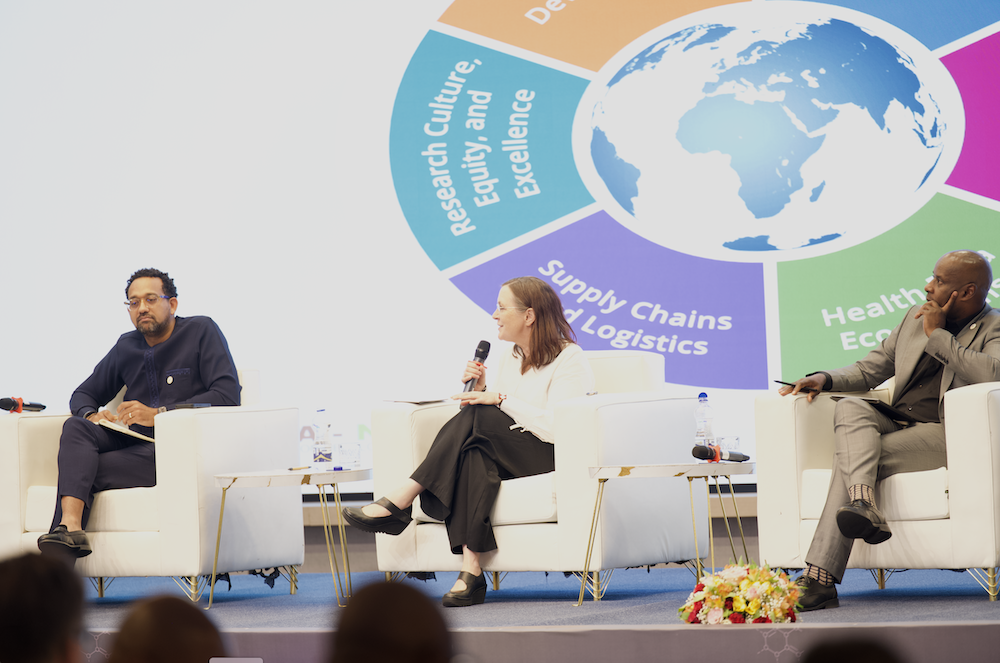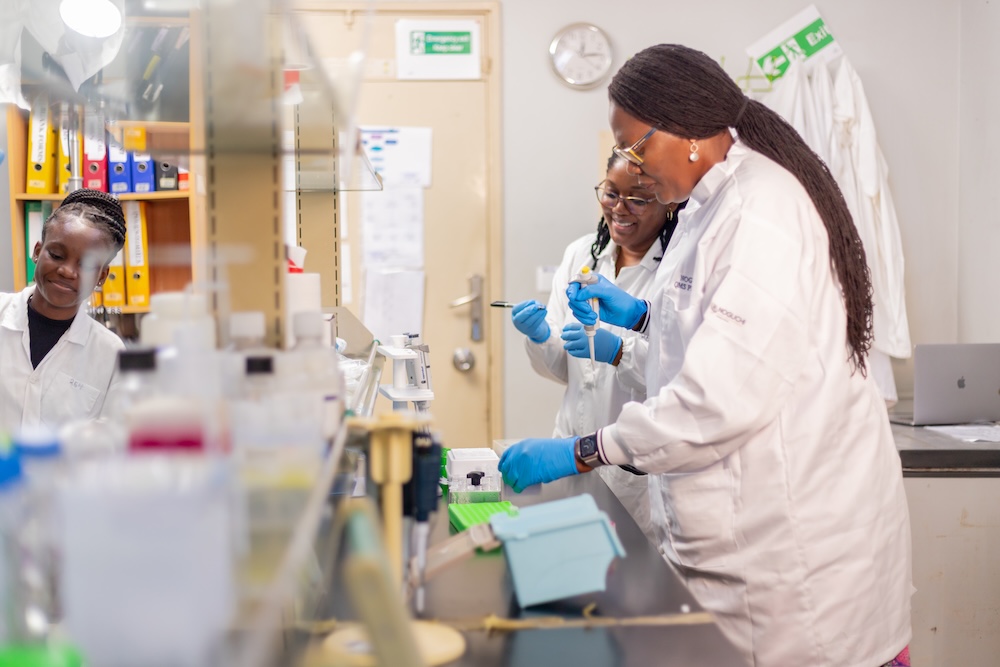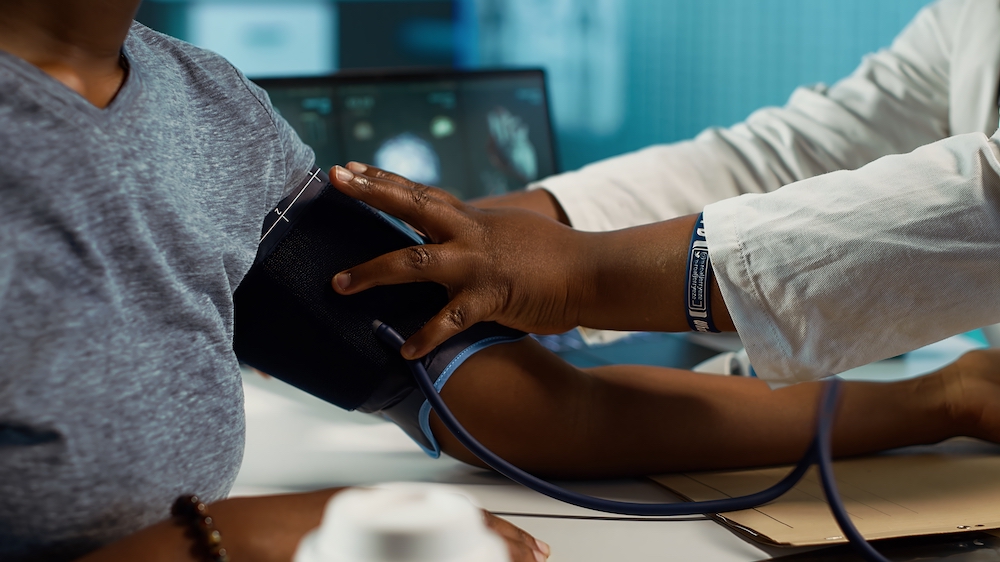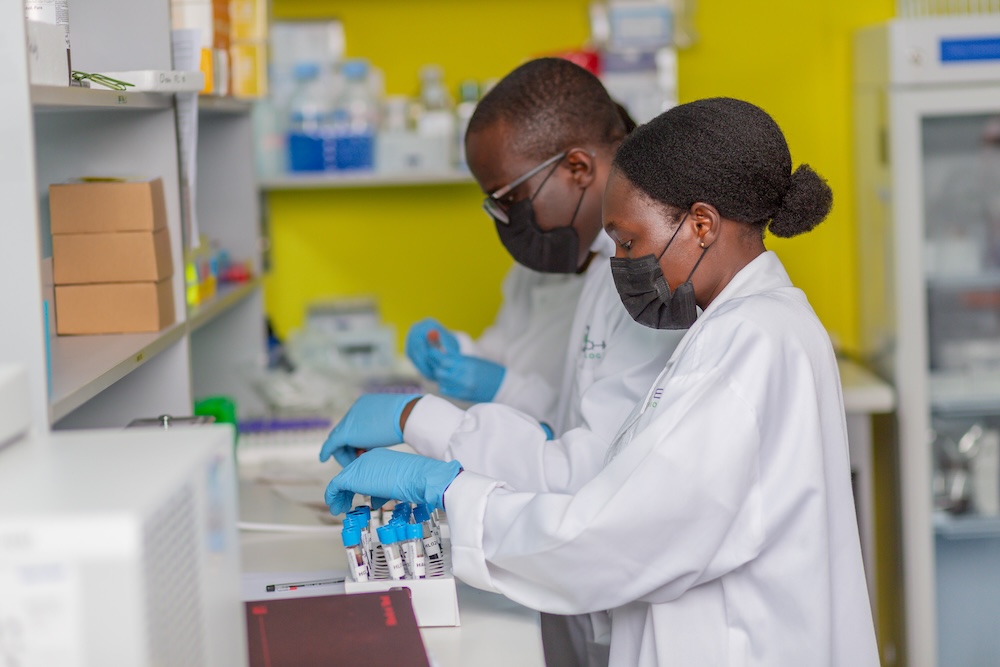
Media Centre
Africa’s secret weapon against the next pandemic
Monday, August 11, 2025
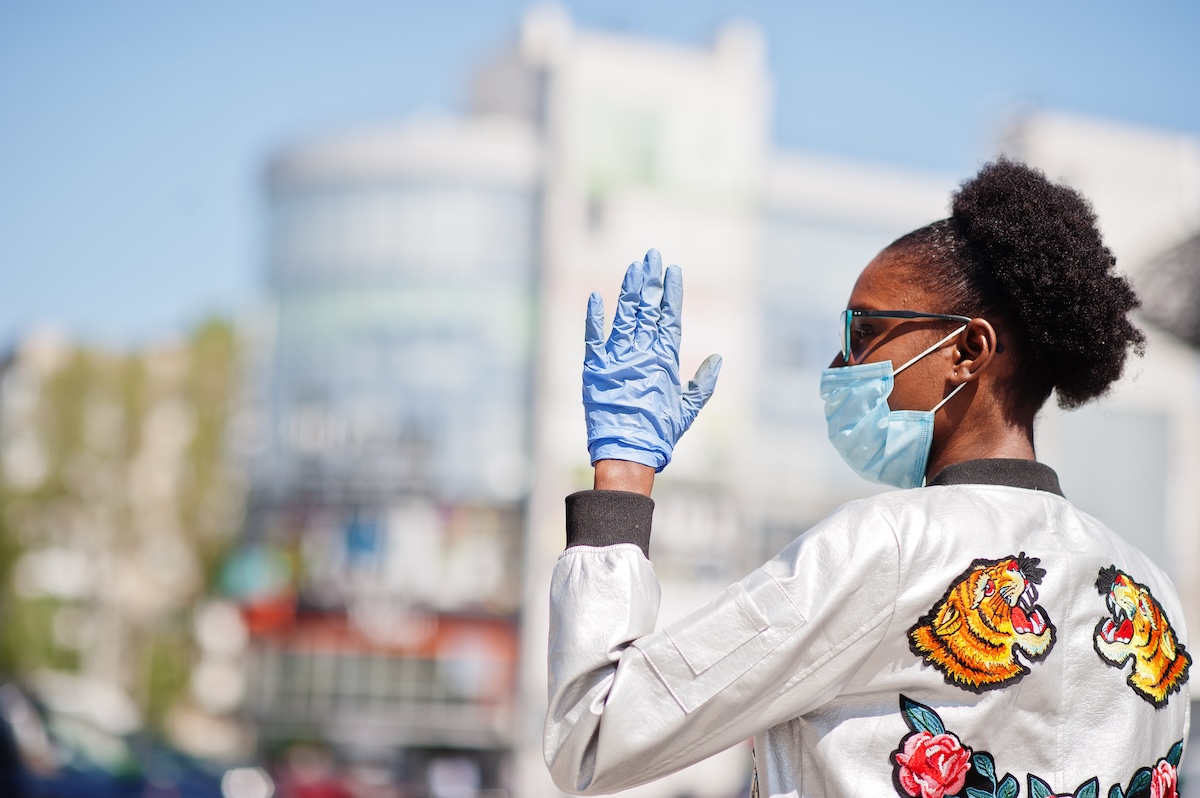
By Fatu Badiane
Memories of the urgency, confusion, and fear in the early months of the COVID-19 pandemic are fresh in our minds. While countries across the world scrambled to sequence new variants and develop vaccines, it became painfully clear that Africa wasn’t just fighting a virus; we were battling a massive gap in scientific infrastructure. Yes, we had genomic data coming in, but what did it mean for us? What did it mean for our vaccines, our collective responses, and our communities?
That’s when the vision for Global Immunology and Immune Sequencing for Epidemic Response (GIISER) was born. Not out of convenience, but necessity. The Beta variant had just been identified in South Africa, raising alarm bells about vaccine resistance. It was a wake-up call that our response couldn’t just rely on data produced externally. We needed immunology labs, skilled scientists, and real-time immune profiling right here on the continent.
In 2021, with support from a global funding partner, GIISER launched as a bold South-South collaboration. A network connecting powerhouse institutions in Africa with partners in India and Brazil. This wasn’t about importing solutions; it was about growing them.
Reimagining collaboration
Themes such as “partnership” are common in global health discussions. But, often, this means transient support with expertise flying in, doing the work, then flying out. GIISER, however, took a different path. It rooted itself in African institutions with proven excellence and gave them the tools to push boundaries.
Partnerships with global leaders like MIT and the NIH facilitated the transfer of key methodologies like neutralisation assays and single-cell analysis platforms directly into the hands of African scientists. In addition, PhDs and postdocs, many of whom are women and first-generation scholars, actively engage in research throughout the network. This creates transformation, not just building labs but building a legacy.
A new frontier of preparedness beyond COVID-19
As the pandemic slowly loosened its grip, GIISER didn’t pause. They pivoted to Ebola, Lassa fever, mpox, and respiratory viruses like RSV. And the network didn’t just adapt; it delivered.
During the 2022 Ebola Sudan outbreak, GIISER Uganda led cutting-edge work to discover antibodies that neutralize the virus. In Nigeria, the team is advancing new research on Lassa fever. Kenya is decoding the impact of RSV and CMV co-infections in children. Meanwhile, GIISER Ghana joined a broader consortium spanning Africa, the Caribbean, and the UK, investigating immune responses across diverse populations. These are real-time solutions shaping how we respond to outbreaks, design vaccines, and protect communities.
What African-Led science really looks like
Furthermore, GIISER South Africa characterized the Beta and Omicron variants early, accurately, and on African soil. Their findings influenced global vaccine strategies, indicating the power of African science when it’s not only supported but trusted to lead.
At the SFA Foundation, through Grand Challenges Africa, we’ve made it our mission to support these efforts not as outsiders, but as enablers. We help connect the dots between GIISER and broader research ecosystems, mobilise resources, and ensure that this leadership is sustainable, not symbolic.
Why it matters to you and me
Why should an ordinary citizen care about “genomic surveillance” or “immune profiling”? In perspective, the next time a strange virus begins spreading, wouldn’t you want your country to have the tools to detect it, understand it, and respond before it spirals?
GIISER is building that future. A future where Africa doesn’t just react to pandemics but prepares for them. Where the scientists discovering new treatments aren’t in distant labs but right here in Lagos, Kampala, Kilifi, Accra, and Johannesburg. Where the decisions about your health are made by people who understand your context because they live it.
This is about more than science. It’s about equity, dignity, and agency. It’s about saying that Africa’s role in global health is not to wait, but to lead. And through GIISER, we’re doing just that.
Published manuscript: Retaining African networks is urgent for global health
About the Author(s)
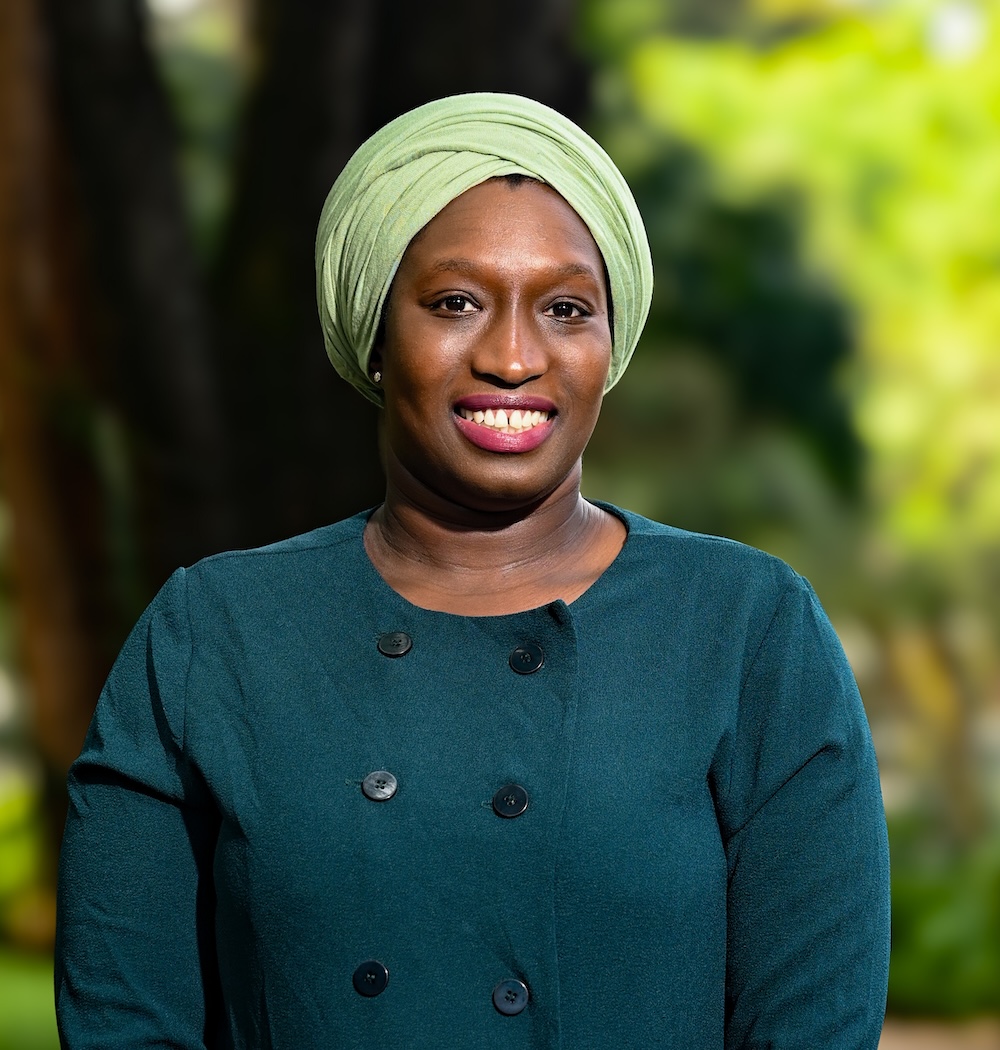
Fatu Badiane
Fatu is the Programme Manager, Grand Challenges Africa at the SFA Foundation.
